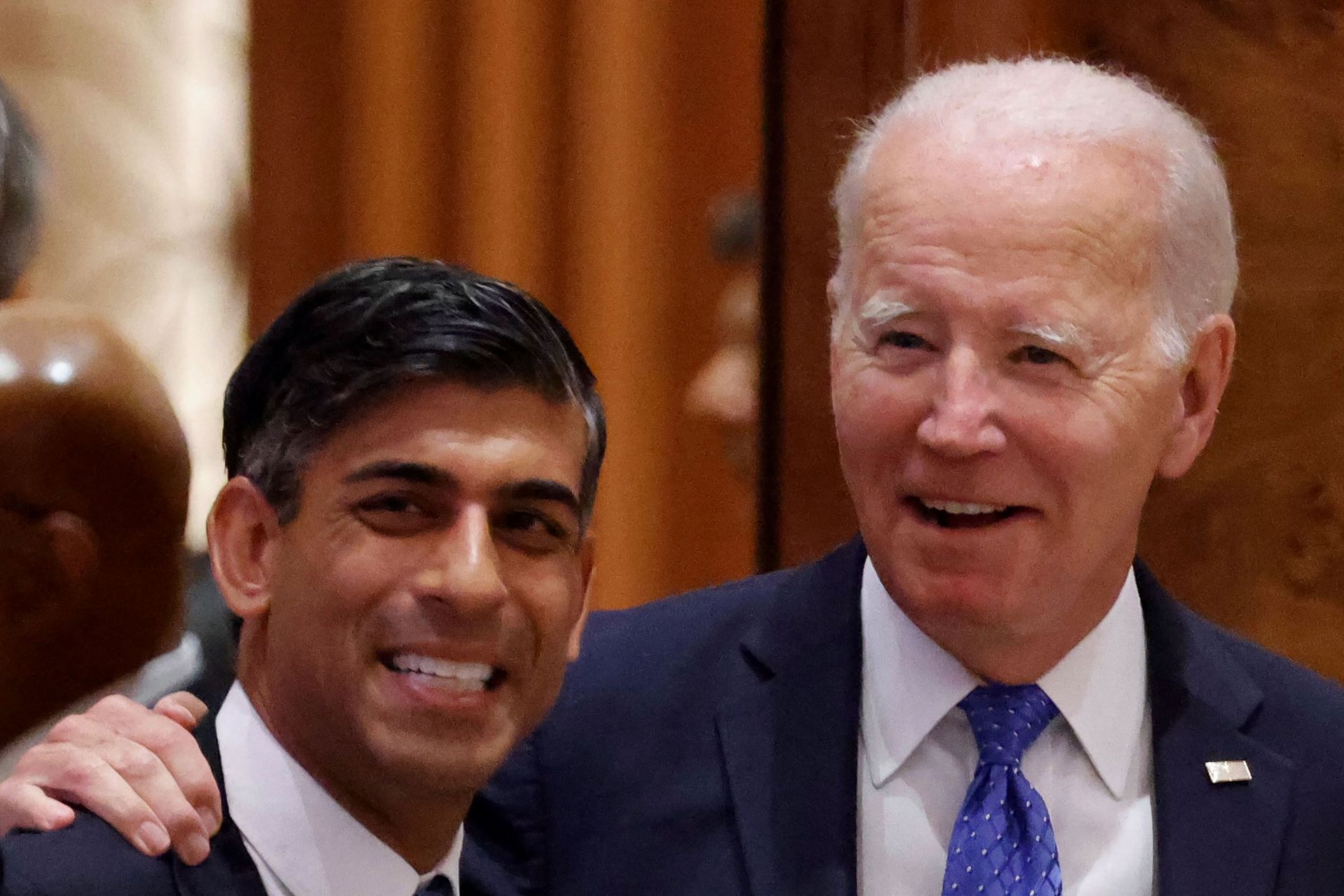Is earning $75,000 a year your ticket to happiness?
More than a decade ago, researchers from Princeton University announced that they had found the threshold of yearly income that could make a person happy and that number was $75,000.
The study was led by economist Angus Deaton and psychologist Daniel Kahneman (pictured)—both of whom have won the Nobel Prize for Economics— and found that $75,000 dollars a year was the sweet spot for human happiness.
Unfortunately, earning three-quarters of one hundred thousand dollars didn’t cure your day-to-day mood according to the researchers, but it did have a major impact on one’s overall life satisfaction.
“The study points out that there are actually two types of happiness,” wrote Time journalist Belinda Luscombe in a 2010 report on Deaton and Kahneman’s findings.
“There's your changeable, day-to-day mood: whether you're stressed or blue or feeling emotionally sound,” Luscombe continued, “then there's the deeper satisfaction you feel about the way your life is going the kind of thing Tony Robbins tries to teach you.”
Luscombe added that while earning a yearly salary of $75,000 didn’t seem to have a major impact on a person’s emotional well-being, it did improve the way people viewed how their lives were going.
“In other words, the more people make above $75,000, the more they feel their life is working out on the whole,” Luscombe concluded.
In the abstract of their published findings, Deaton and Kahneman also pointed out that those with lower incomes were subject to more emotional pain when faced with life’s vicissitudes.
“Low income exacerbates the emotional pain associated with such misfortunes as divorce, ill health, and being alone,” wrote Deaton and Kahneman.
But the study’s authors concluded that a high income could only help buy a person more life satisfaction and could not buy one true happiness, adding their most controversial finding that one’s emotional well-being had “no further progress beyond an annual income of ~$75,000.”
Several researchers have taken issue with Deaton and Kahneman (pictured) but the most recent came from Dr. Matthew A. Killingsworth. Killingsworth published his own study on income and happiness levels in the Proceedings of the National Academy of Sciences in 2021.
There was no evidence for an experienced well-being plateau above $75,000,” Killingsworth wrote in the abstract of his paper.
“There was also no evidence of an income threshold at which experienced and evaluative well-being diverged,” the author added, “suggesting that higher incomes are associated with both feeling better day-to-day and being more satisfied with life overall.”
So if earning a higher yearly income can make you happy, what number do you have to hit in 2023?
If you wanted to earn the same amount of money today that Deaton and Kahneman studied then you’d need to account for over a decade's worth of inflation.
Today you’d need to be earning just over $100,000 to have the same amount of money in your pocket as you would have had in 2010 according to the US Inflation Calculator. Would $100,000 make you happy?
More for you
Top Stories





























